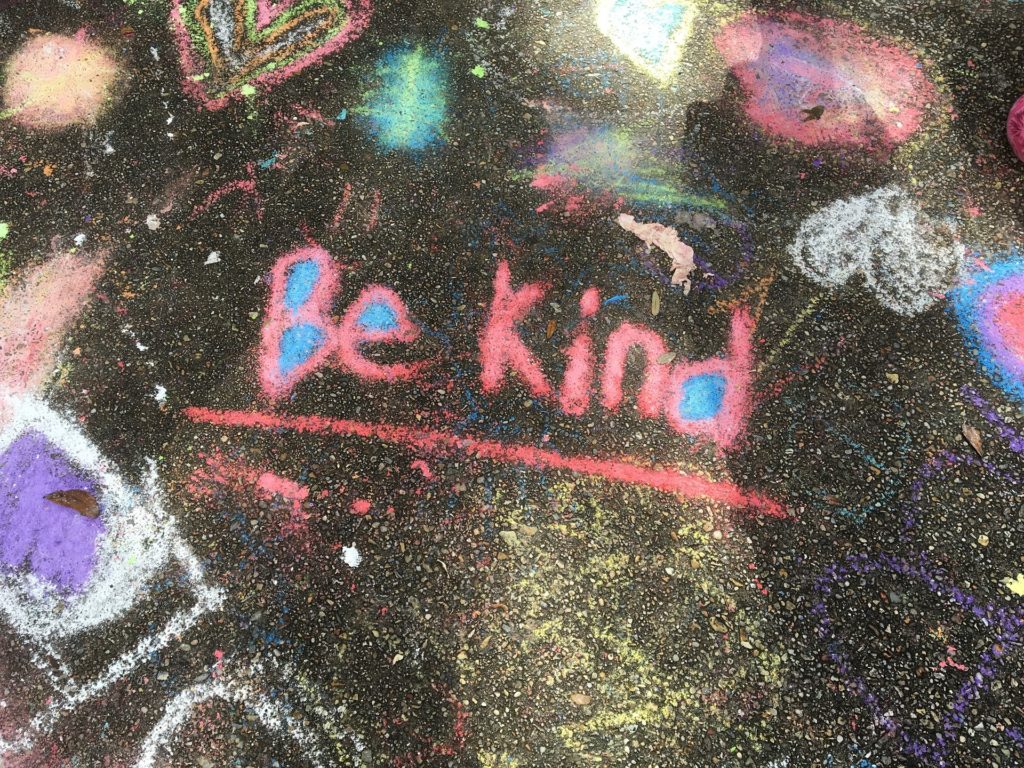Behavior and Husn al Khitām:
Our debts to Allah have a grave effect on our afterlife, but Allah (swt) describes Himself as al Rahmān, al Raheem, al Wadood, al Ghaffar, al Ghafoor, and promises that His mercy is greater than His wrath; so with Allah we have hope of forgiveness. Our sins and shortcomings that are between our Lord and our-selves are grave – but hope of forgiveness is ever near.
Our mistakes and shortcomings with people, however, are a different story. On the Day of Judgment, the person we have wronged will take of our good deeds until he is satisfied – and if our good deeds are not enough, we will then take of his bad deeds. If one has hurt, or wronged more than one person, his hopes for husn al khitām and eternal bliss are in grave danger.
Abu Huraira reports that the Prophet (saw) said1, “Do you know who is bankrupt?”
They answered, “The bankrupt one among us, O Messenger of God, is he who has not a dirham, nor belongings.”
He (saw) said, “The bankrupt of my nation is he who comes on the Day of Judgment with fasts, prayers and zakāh; yet he comes having abused someone, slandered someone, and taken another’s money. He is kept back and this one takes of his good deeds, and that one takes of his good deeds. Then if his deeds are exhausted before his offenses have been cleared, some of their sins will be taken and laid upon him. Then he will be thrown into hellfire.”
Our behavior with people is the crux of the matter. While not praying ensures punishment, and hell fire; praying alone does not guarantee reward. Hurtful words to one person may find you handing over good deeds, and a cool attitude of indifference may find you handing over more good deeds to another. Not caring for another’s property and/or cheating someone out of their right may find you taking on their bad deeds.. and then what? Having passed out all your good deeds and taken on the bad deeds of others: where will that leave you? According to the Prophet (s) it will leave you at the gates of hell. God forbid.
It is very easy to point out the faults in others; to see how others have shortchanged us and to feel slighted. It is more difficult to recognize our own faults, to see how others view us and to ensure that we make people feel important.
In pursuit of Husn al Khitām, however, it is precisely this self-reflection, positive attitude, and generous heart that will ensure the reaching of our goal.
Follow in the sunnah of the Prophet (s) and be a well-behaved person. The Prophet (s) was an example of excellent behavior. He was helpful in the house; he would pause to speak to children and the elderly; he was patient with poor behavior. Once, a bedoiun came into the Prophet’s mosque in Medina. He grabbed the Prophet (s) by his shirt such that the edge of it dug into his neck. The other companions – and especially Umar (r) – went for their swords, but the Prophet (s) indicated that they should leave him be. The bedoiun asked the Prophet (s) in short, brusque words about his identity, his prophethood, and the rules of Islam. The Prophet b answered him calmly, politely, and fully. The man entered Islam.
Another time a man urinated in the mosque. The Prophet (s) showed incredible tolerance as he kept back the wrath of the other companions while gently directing the man in how to clean up his ‘mess.’
Protect yourself from the heavy hearts of people with excellent behavior. Be a pleasant and forgiving person. When you are pleasant you run less risk of hurting others. Smile at people (it counts as charity – you can rack up some good deeds while avoiding people’s heavy hearts).
Make it a point to be well behaved wherever you go: Amongst Muslims, amongst non-Muslims. Be polite, greet people, be agreeable.
Of the most important behavior is the behavior rendered to those closest to us. Be loving and forgiving – leave your nefs behind – when dealing with parents, in-laws and husbands; siblings, friends, and coworkers. Give people excuses – as Imām al Ghazāli recommends, ‘Give your brother who has wronged you seventy excuses; and if you find naught – look for another.’
Avoid argument. Bickering and whining, complaining and loud sighing are all poor manners. Rolling of the eyes, and mean sarcasm are two more examples of poor behavior.
Practice daily acts of kindness. Avoid hurtful behavior.
Bring joy to others; avoid hurting anyone.
We must pave our husn al khitām with the best of behavior. Have you brought joy to someone today?

